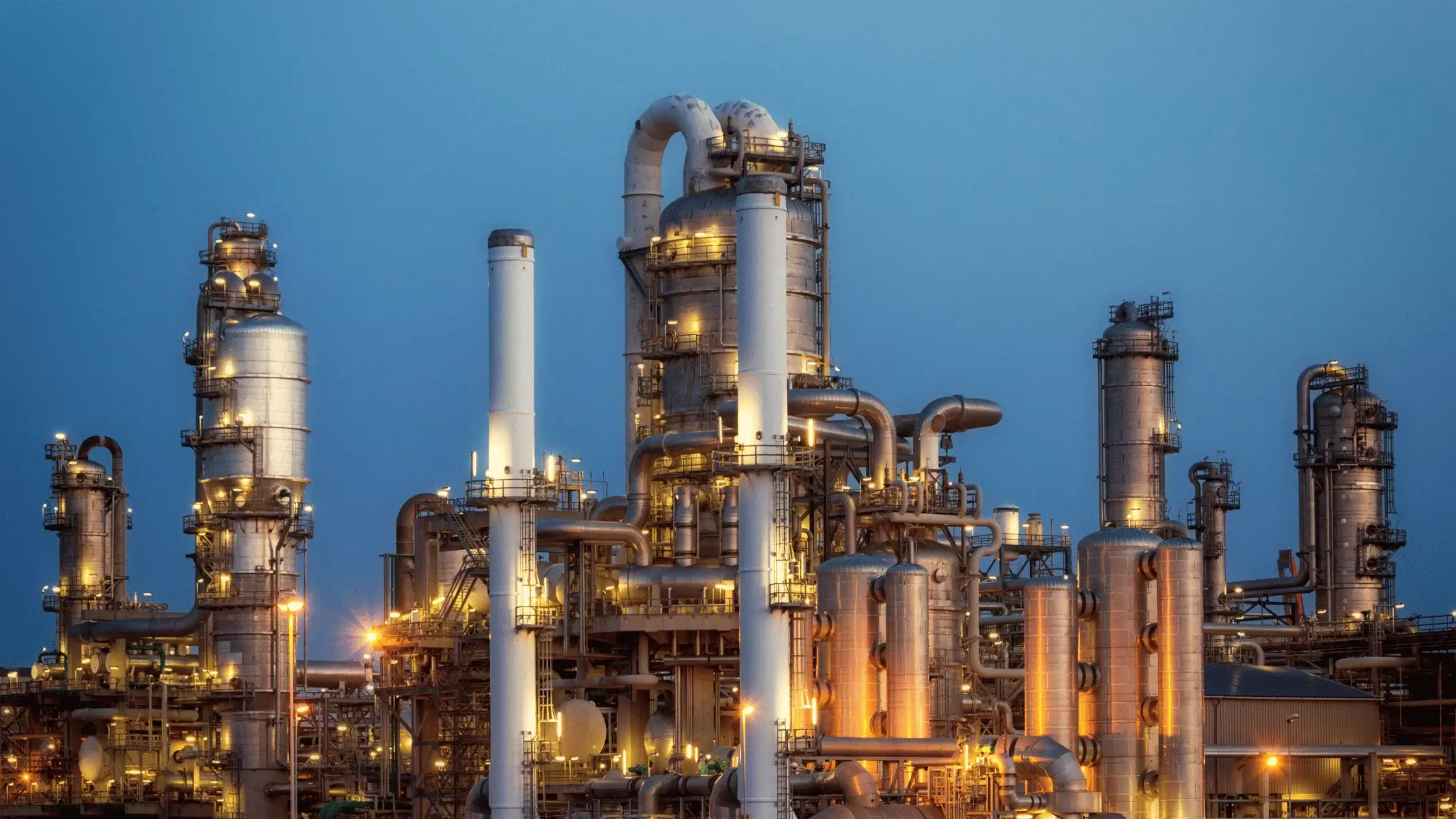Hydrogen Flow Measurement
Hydrogen flow measurement is needed in many fields to monitor volumetric flow, mass flow and usage of hydrogen in typical. It's necessary in hydrogen energy fields for hydrogen production, hydrogen storage and hydrogen fuel cells, too. It's a challenging task to measure hydrogen flow to ensure safety, accuracy and ease of use while keeping cost effectiveness.
Advantages of A Hydrogen Gas Flow Meter
Traditional experience like differential pressure, vortex or thermal mass come across challenges in measurement for its low molecular weight and operating density. A hydrogen gas flow meter without moving parts make direct mass measurement possible with high accuracy, and it's versatile over a wide range of operating environments. A fully-welded flow meter is preferred for higher safety requirements in hydrogen production. In general, a hydrogen gas flow meter is applied in a complicated industrial portfolio, which features other related technologies like a hydrogen purity analyser for quality control and hydrogen gas detector for safety.
Property and Industrial Applications of Hydrogen
As we all know, the colorless, tasteless and odorless hydrogen is non-toxic but flammable in normal pressure, especially in a mixture with a hydrogen content of 4% - 74%. The lightest gas -- hydrogen is composed of two hydrogen atoms, fourteen times lighter than air. Strict safety precautions should be taken to avoid potential accidents triggered by the minimum ignition energy.

Hydrogen Production, Storage & Usage
A heated discussion is often aroused on the constant availability of energy and upon matching of supply and demand. And storage of hydrogen is indispensable in all those fossil-free energy system. Green hydrogen is garnering attentions for its unique environmental physical property and significant role in transformative phase.
Professional portfolios upon hydrogen processing feature hydrogen flow control and pressure measurement. In the realm of green hydrogen production, the enlargement of electrolyzer needs larger stack sizes. Then growing demands for hydrogen flow monitoring involve minimal pressure drop, which is essential to keep optimal efficiency and ensures the hydrogen gas is delivered at a desired flow rate.
Hydrogen Storage & Transportation
Hydrogen storage and transportation grow important in its supply chain. There are several scenarios designed for hydrogen storing and transportation with distinct advantages and limitations, such as liquefaction, high-pressure compression, storage in liquid carriers such as ammonia or ethanol, Liquid Organic Hydrogen Carriers (LOHCs), and binding in metal hydrides. Let's look into pros and cons of those scenarios one by one.
No.1 Liquefaction
Cooling temperatures of hydrogen to -253°C or -423°F so that it will transform from gas to liquid. Higher density of liquified hydrogen is suitable for long-distance transportation and its compact volume is ideal in applications like aerospace or centralized storage facilities. However, substantial energy is needed for liquefaction, which may consume up to 30% content of hydrogen. In addition, the cost of maintaining cryogenic temperatures is skyrocketing. At the same time, hydrogen evaporates over time.
No.2 High-Pressure Compression
High-pressure compression is the most commonly used straightforward solution if the accessibility and simplicity is prioritized. Compressing hydrogen reduces its volume in high-pressure conditions like 700 bar, leaving it ideal for storage tanks and fuel cell vehicles.
No.3 Liquid Carriers
Liquid carriers like ammonia or ethanol are regarded as game-changers in hydrogen logistics. Ammonia boasts an impressive hydrogen content by weight without limitations of pressures and temperatures; however, it requires catalytic reactions when one try to extract hydrogen from carriers. Toxic ammonia raises stringent standards on the handling protocols, namely attaching much importance to both technical expertise and safety awareness.
Industrial Applications of Hydrogen
Hydrogen is applied in petroleum refineries for production of peripheral products like diesel and gasoline, which works in reducing impurities in the final products from refineries. In additional, more hydrogen-based compounds like ammonia and methanol are produced with the help of hydrogen. Other applications are found in the following industries:
✤Agricultural fertilizers
✤Atomic hydrogen welding
✤Electronic products
✤Glass industries
✤Aviation industries
✤Metallurgical industry
✤Aerospace industry
Our versatile Coriolils mass flow meter is ideal for inlet and outlet flow measurement, temperature and pressure measurement. It makes agile adjustment of parameters possible to optimize costs over time.

What is the best flowmeter for hydrogen gas?
The best flow meter for hydrogen gas is up to your specific requirements and operational conditions. For example, your choice may vary for the sake of accuracy, pressure conditions and flow rates. Nevertheless, Coriolis flow meters are taken as the most accurate and reliable option given changes in temperature and pressure.
A hydrogen flow meter benefits operators in improving operational efficiency and precision, also a versatile option for many industries. Such advanced flow meters make real-time monitoring and adjustment possible in optimizing hydrogen production. Consequently, the efficient and accurate optimization contribute to your business in cost reducing and energy utilization.
Post time: Nov-06-2024





